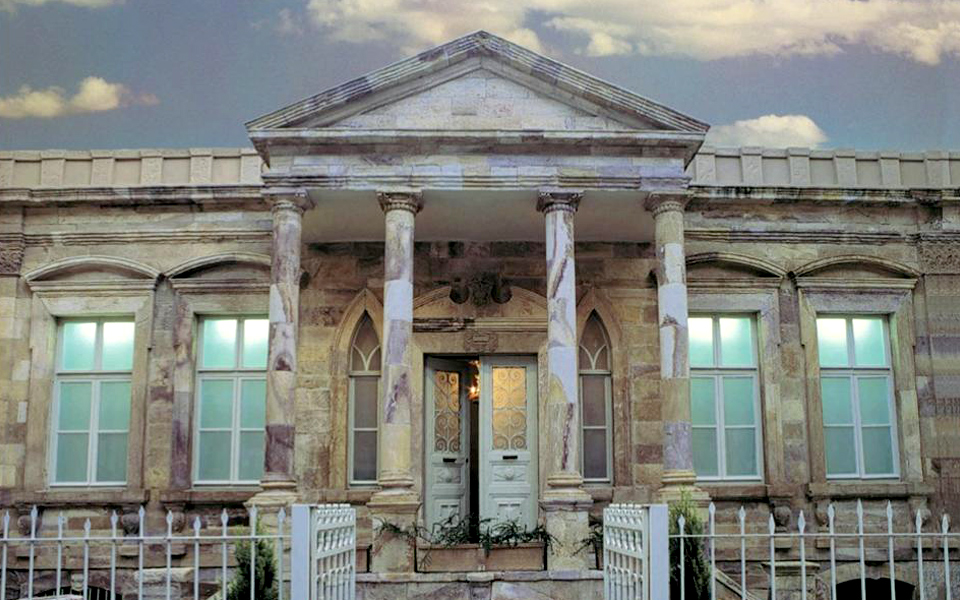Giannakidou founded the Ethnological Museum of Thrace in Alexandroupoli, northern Greece, in 2002, essentially saving a beautiful 1899 neoclassical edifice from demolition. The building, one of very few from that period still standing, comes with an exceptional history: It was the vacation home of benefactor Miltiadis Altinalmazis, who was born in Adrianople (today Edirne) and was a forebear of the first ever mayor of Alexandroupoli, Constantinos Altinalmazis, who was elected four times between 1925 and 1948.
Giannakidou has put hundreds of items she has collected since the 1960s on display in the building. Born in Thessaloniki, she arrived in Thrace after getting married and has not left a stone unturned. She has traveled extensively in the region, visiting every single village, listening to old stories, bringing to light vintage objects, and ultimately putting all the tiny dots together to retrace the area’s charming yet tumultuous history.
By bringing together all the experiences, she developed a straightforward museum narrative highlighting the wealth and diversity of Thracian tradition, which is interwoven with the influences of different cultures and religions. She did so by using her own financial means and with the support of her husband and children.
“The Alexandroupoli museum has co-organized a number of conferences with the participation of professors from Turkish and Bulgarian universities, aiming at developing and maintaining a fruitful dialogue with neighboring countries.”
Since its inauguration nearly 15 years ago, the museum has received little in the way of funding from the state and other institutions – about 30,000 euros in total. And during that time it has offered exemplary educational programs as well as activities that take place outside the museum. There is also a shop on the premises. The establishment hopes to turn into an active research center in an area which has been largely abandoned and is today threatened with oblivion, cliches and fears.
Giannakidou has always shown respect for the area’s sensitive history – things we generally ignore and often choose to ignore. She has expert knowledge of the daily life and history of the Pomaks as well as the customs of the area’s Turkish-speaking villages, among others. She is also keen to share her knowledge regarding fishing in the Evros River, the food prepared at the annual
Kourbani feast, as well as talk about local techniques in basket-weaving, wood sculpting and ceramics.
The Alexandroupoli museum has co-organized a number of conferences with the participation of professors from Turkish and Bulgarian universities, aiming at developing and maintaining a fruitful dialogue with neighboring countries.
Thanks to her personality – besides being a museum founder, she is also a mother and grandmother – Giannakidou has managed to get a lot of young people and school pupils interested in the museum. Her success lies in the fact that she never provides purely encyclopedic knowledge, but the kind that derives from life itself.











